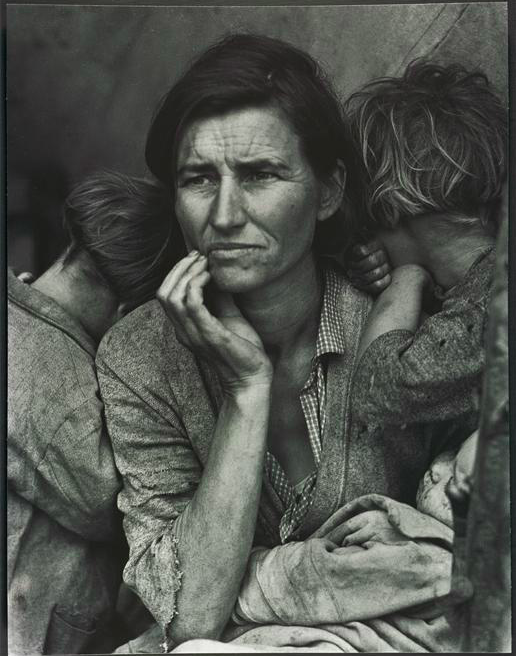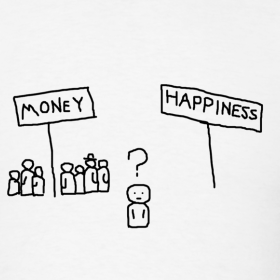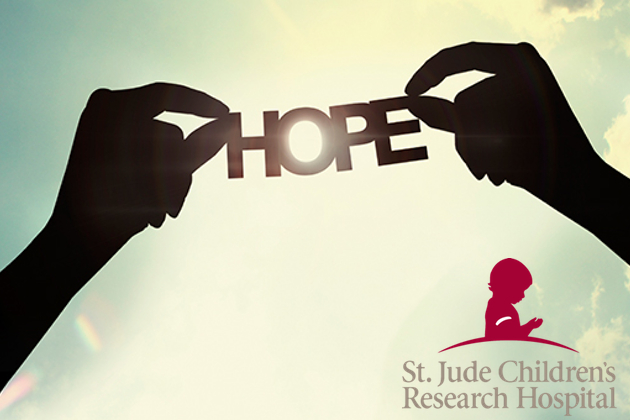Please take a look at my recent exploratory paper I got the pleasure of writing a few weeks ago. I hope you enjoy.
“Fetch me my jimmy choo flip flops, Where is my pink prada tote? I need my tiffany hair band, And then I can go for a float.” Most of you probably recognize this these famous lyrics from High School Musical’s “Fabulous”. In Sharpee’s case all of these things give her happiness. We all aspire to be great in life. We all dream of having a beach house, a Ferrari, and a giant pool in the back of our huge house. But to have all these luxuries, you need one thing, money. Money just doesn’t buy you all the fancy things in life, it also buys you power and respect. Power and respect are both things you earn from working hard. Obviously, if you are rich, you have put in hard work into your job and it has paid off greatly. Say you’re a millionaire, you have much much more power than a middle class man or women making only a 5 digit salary. Think about it, everything you do costs money. Money is essential to living a happy, healthy life and in society today we see people around us who are unmotivated/unwilling to work for more money or simply don’t value the worth of money. Today I’ll be talking about how money enhances happiness, the effects of consumerism on our society, and simple solutions to make us value earning money.
Money is a very powerful motivator. You want to be able to provide and give the best lives possible to your family, your loved ones, and also yourself. There are many things in life that bring us happiness. Often times these things become a priority in our lives. Relationships, faith, and other activities we spend large amounts of time on tend to be the areas in our lives that bring us the most happiness. Some of these require money while others are simply enhanced by it. Take for example, relationships. No amount of money will ever buy true love and happiness, but money is necessary for some relationships. In relationships such as dating and marriage money also brings happiness. Who doesn’t like being taken out on a date and being treated to a nice dinner? This money isn’t what is buying the relationship but it buying experiences between two people. The role as a parent to a child relies on monetary income. Without being able to provide a child with food, proper shelter, and in some cases education, a child will grow up in conditions that set them behind in life. Immediately from birth they will be unhappy and need better conditions to survive. With sufficient money, a parent will be able to give a child everything they need and even extra time because they will not be out working extra jobs, trying to scrape together enough to pay rent. Also, they will be able to afford to send their children off to college and get a good education, so in the future they will be able to do the same for their kids.
Many people see faith as separate from monetary or physical belongings. But the truth is, money also has its roots in religion. Growing up, anyone who has been part of some sort of faith is preached to be charitable. This in essence means to give both time and money to be able to provide for the less fortunate. Money in this situation may buy your own happiness. Many feel good about themselves if they are giving money to a good cause. In this scenario, you are literally buying someone things they need to survive. Much of the money given go to missions that gives deathly poor people food and shelter to survive.
Consumerism raises its head in many ways in our society. Just a couple of weeks ago the major news was the Powerball lottery had hit 500 million dollars. Many people were dreaming of the what if’s. If only I had the winning numbers I could change my life. Not only that but I could change the lives of my friends and family. As the post-Christmas credit card bills roll in, most of us would say that a little more money wouldn’t go amiss. The emphasis on consumerism inclines every year during Christmas time. Every commercial, poster, or billboard is promoting one of their latest, greatest, and newest products they hope every parent has wrapped under the tree for their child on Christmas morning. This relates back to money buying happiness because when the consumer buys the product, they become happy because of their purchase and the companies become happy that they are selling their products and making a profit.
We all have those items that we say we “need”, like “I need those shoes”, “I need that new video game”, or “I need to go on a vacation”. Those things are not what you need in life, but what you want. I don’t know about you, but when I finally get the new pair of shoes I’ve been wanting I can’t help but feel so happy and so excited to show them off to everyone. On vacation, people bond with friends and family, see new places, learn new things, and create new memories that’ll last a lifetime. Without money, you are unable to feel and experience certain emotions, like the excitement of days leading down for your departure of your vacation, or the feeling of joy after smelling your brand new sneakers. Of course there is more to life than going on vacations and buying all the wants in your life. But just think about it, how happy would you be if you only had the things you needed in life?
I think our society today does not value the worth of a dollar bill, what the dollar bill can do for you, the opportunities are endless. According to The Guardian, “Money is the biggest source of anxiety for people.” Money just doesn’t buy you all the materialistic things in life, it also buys you confidence, a peace of mind, comfort, and not the stress of tossing and turning through the night wondering how you’re going to scrape together money to be able to pay for your bills. These goals are very easy to achieve if you work hard and put your mind to what you want your future to look like. We prefer to copy someone’s homework rather than take 20 minutes to do it ourselves, we would rather drive our cars down the street rather than walk, we’d rather lay in bed all day than go to school and get an education. This is where all the laziness starts and will continue to grow and grow in the future. Our generation has become lazy and unwilling to put in work to be successful, simply as that.
Most people spend considerable time wishing they were earning more, but not very much time thinking about why they deserve to earn more. There is one foundational habit that you need to develop if you want to make as much money possible. No matter what you’re doing, you should always ask yourself: Am I just working or am I adding value? Many people confuse the two concepts and we have a tendency to look at their lives in terms of how much work they’ve done. Many people tend to try to walk the line of providing only as much value as will keep them from getting fired from their job and think they’ve done themselves a favor. They don’t want to give a penny more value than they feel they’re being paid for. This is where we fail in terms of hard work. People just always do the minimum of what they’re asked and won’t do an inch more. The key here is to think long term of what your career will look like 20-30 years from now, not simply reaching for the immediate gratification you can receive by putting in the bare minimum to get your paycheck. Overall, you will probably get paid in proportion to the value you add to your job, so the harder you work the better paycheck you will receive in the end. So, if you want to be successful in your career you need to add value, hard work, and time into your job to not only be successful with the numbers, but also feel a sense of accomplishment within yourself.
Money is crucial to living a happy, healthy life and today I explained to you all why this I believe this. Money enhances your happiness by providing you with a good education, the ability to provide for your family, and the new experiences you’ll find during your life. Consumerism plays a major role in our lives because we all do want to go on those extravagant vacations and have the newest iPhone each year. The ways you are able to achieve your goals are simple, work hard, do more than the bare minimum, and add value to your craft. So does money make us happier? Yes. We need enough to cover our basic needs, and a big enough salary to support our families, but we also need to remember the positive effects of generosity and building relationships. So, our focus should be less on how much money we have, and more on how we use it.




